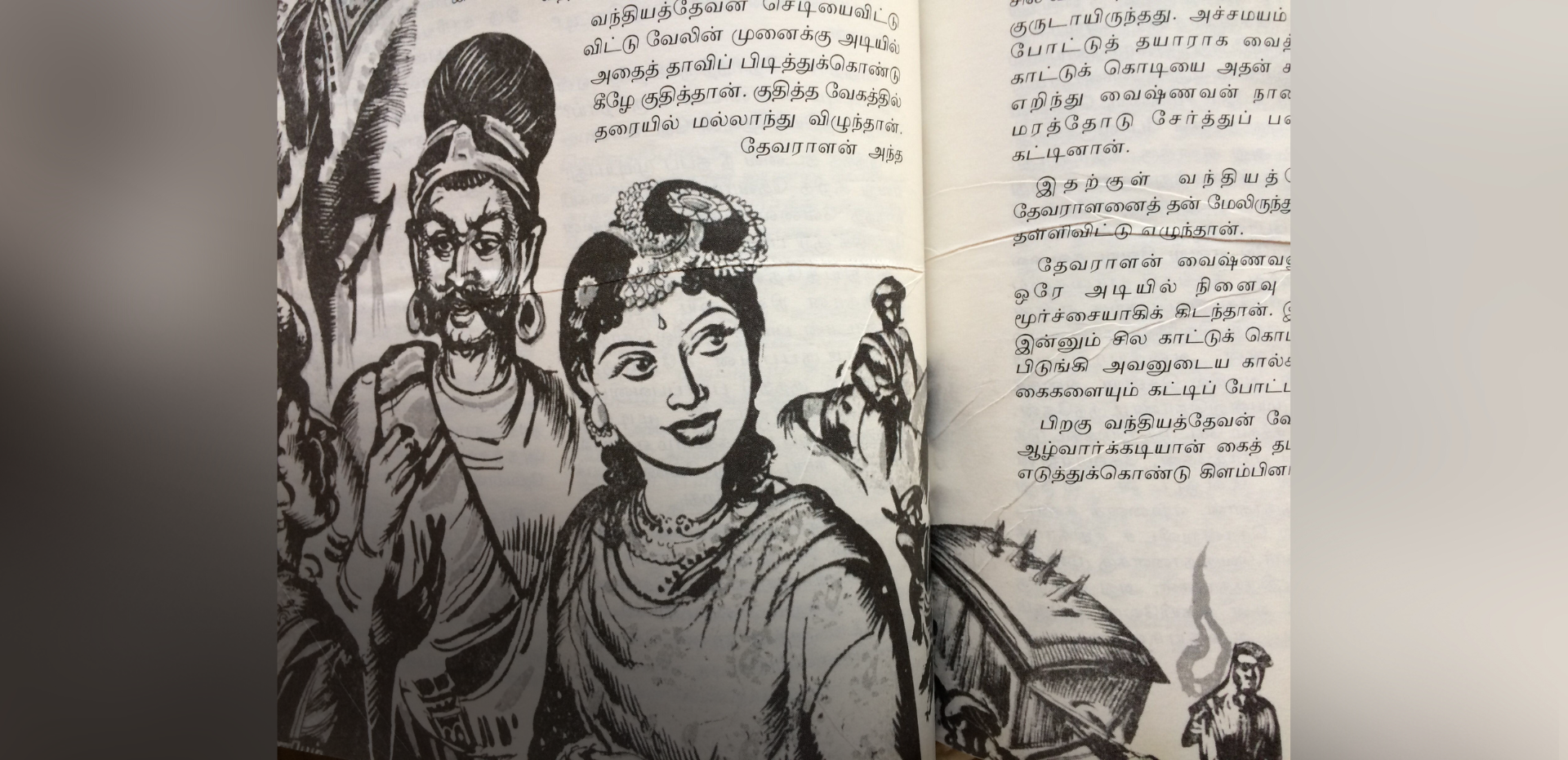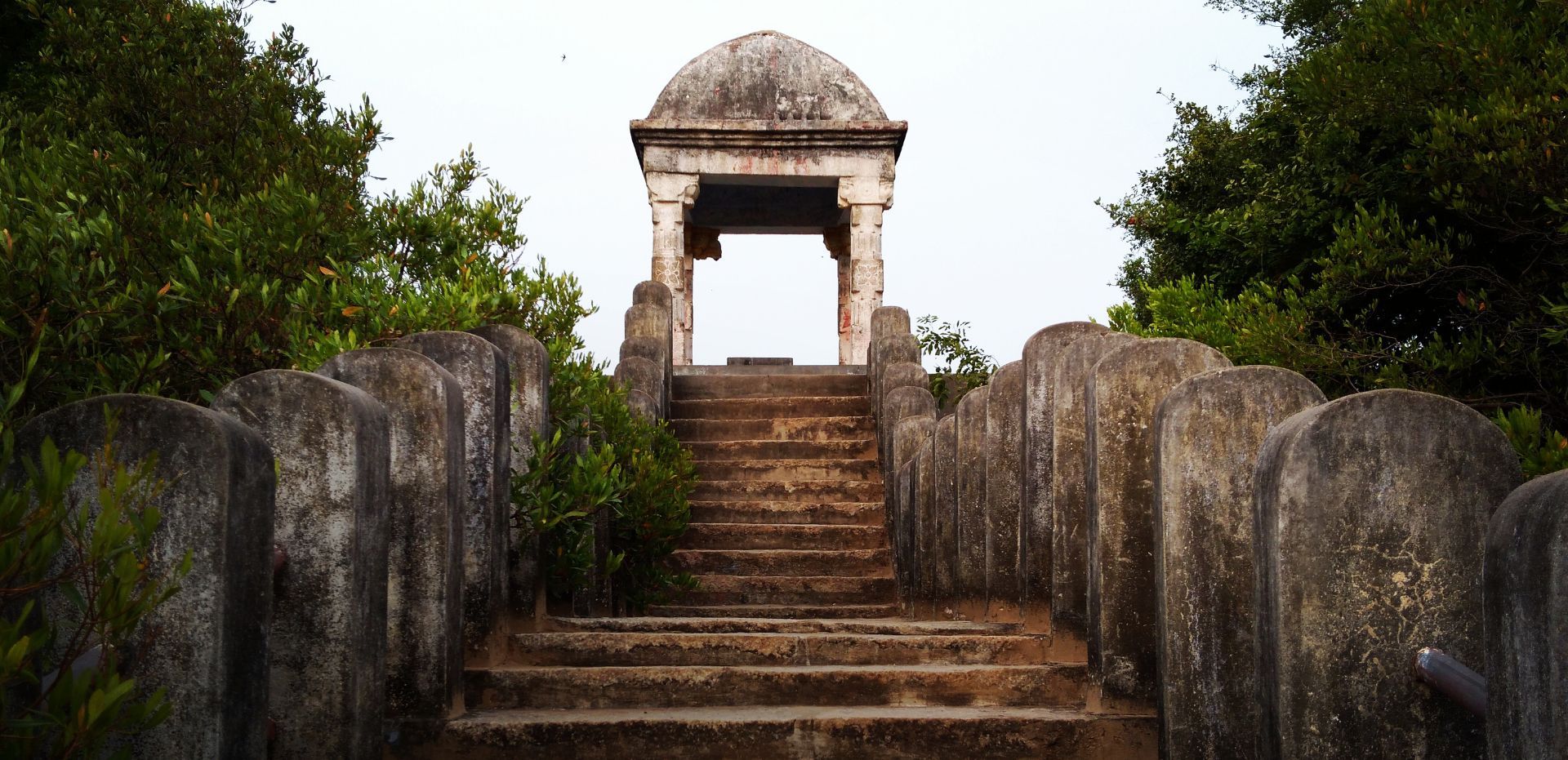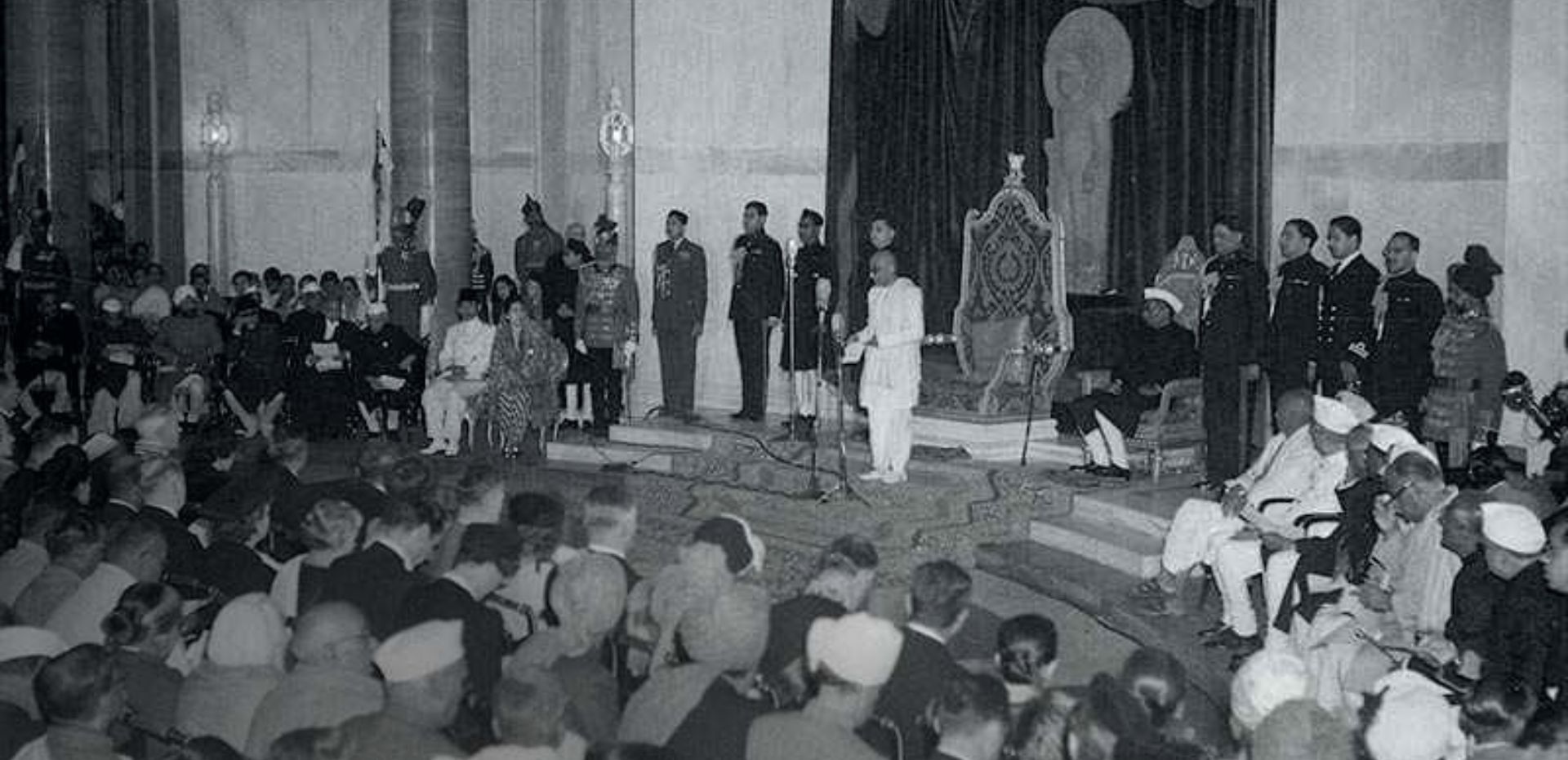How the Battle of Diu Changed World History!
BOOKMARK
Even if you haven’t majored in history as a subject, you would have heard about the famous battles of Panipat, Tarain, Haldighati, Plassey and Buxar. But did you know that there was another battle, fought around Diu, in the Arabian sea, that changed the course of world history. It was a big battle, that heralded the end of the old world order and the beginning of the new.
The Battle of Diu (1509), was the culmination of a global trade war. On one side were allied forces of the Sultanate of Gujarat, the Zamorin of Calicut, the Egyptians, and the Venetians, the ‘old’ order and on the other, the Portuguese. The decisive victory of the Portuguese in this naval battle heralded the end of the old trading giants and led to centuries of European naval and trade dominance, that shaped the modern world.
The Battle of Diu was the culmination of a global trade war
At the heart of the Battle of Diu was the global trade war for the control of the lucrative spice and textile trade. Also involved, were the egos of some powerful men and a Portuguese Viceroy’s quest for revenge, after the death of his only son.
To understand what transpired, it is very important to look at the dynamics of the spice trade between India and Europe, before the arrival of the Portuguese. From the 10th century onwards, the Marakkar merchants from Kerala and the Bania merchants from Gujarat dominated the pepper and textile trade respectively. They sold these famed products to Yemeni merchants, who in turn took these goods to Egypt and sold them to the Venetians. From there, it went to the rest of Europe.
Pepper purchased in Calicut for 4.64 ducats was sold in Portugal for 80 ducats!
Each intermediary made a lot of profit in the process. For instance, the Pepper purchased in Calicut for 4.64 ducats (European gold coins) was sold in Alexandria (Egypt), the global hub of the spice trade, for 25 ducats, five times the price. The Venetians merchants then sold it in Venice for 56 ducats and by the time it reached Lisbon (Portugal), the price of pepper was 80 ducats! No wonder, the Portuguese were so desperate to find a direct sea route to India and cut out all the middlemen. The landing of Vasco Da Gama and his fleet in Calicut in 1498, and their attempt to establish direct trade links, suddenly upset the status quo, and soon there was a reaction.
Egged on by the Marakkar Muslim merchants, the Zamorin was quick to expel the Portuguese from Calicut, and they were even quicker, in finding a new ally - the Raja of Cochin. Desperate to get their hat in, in the trade, the Portuguese soon started underselling everyone ...















